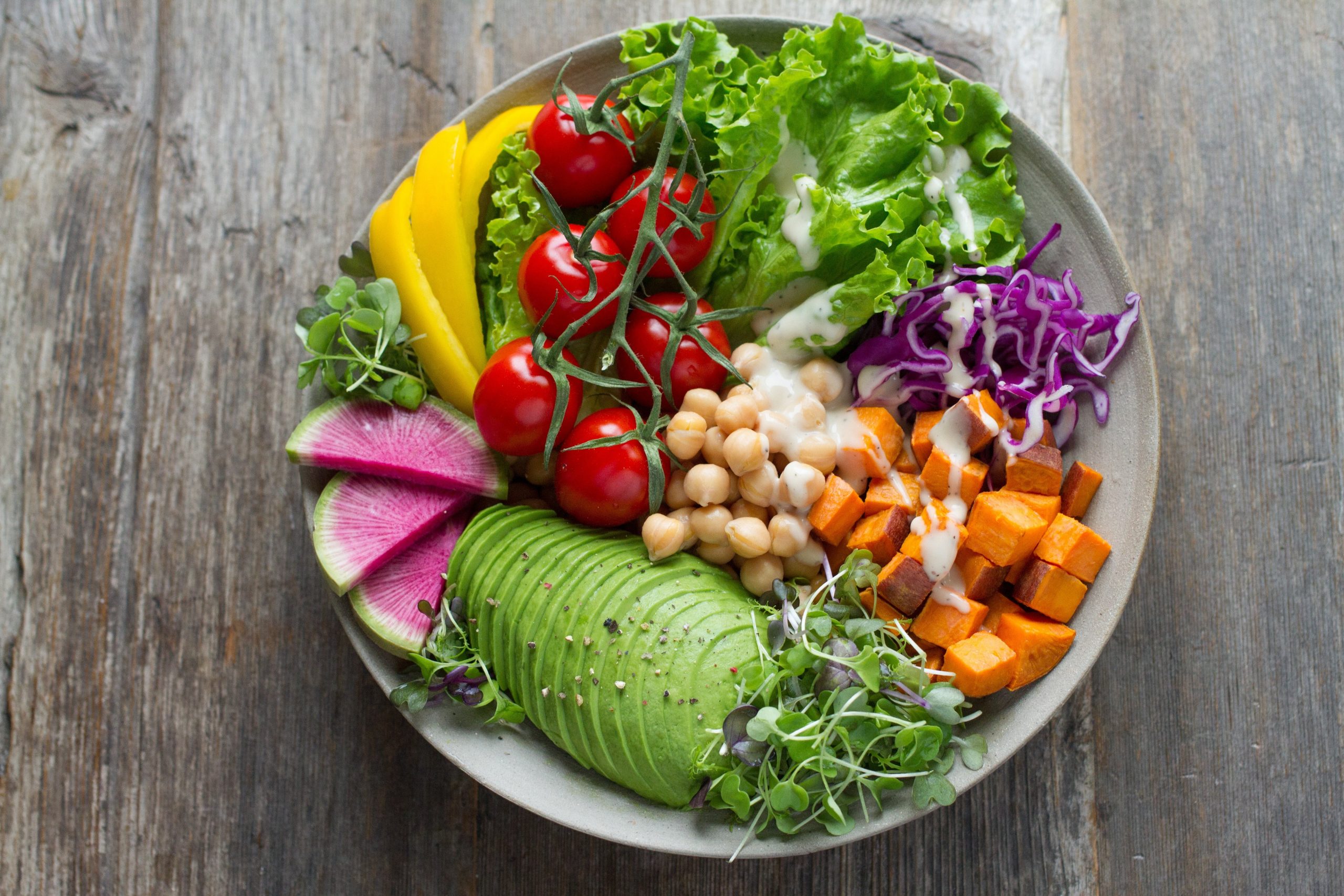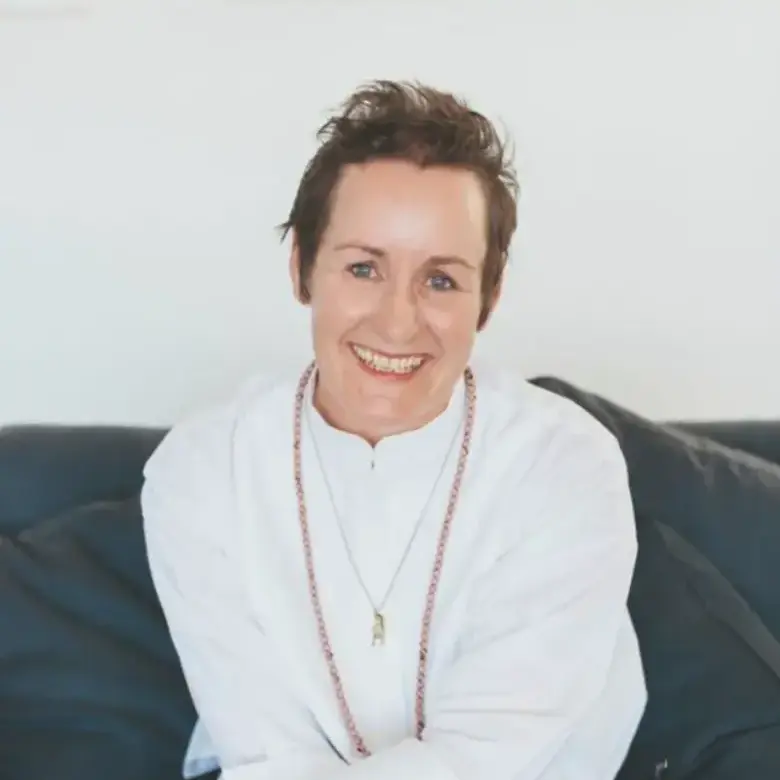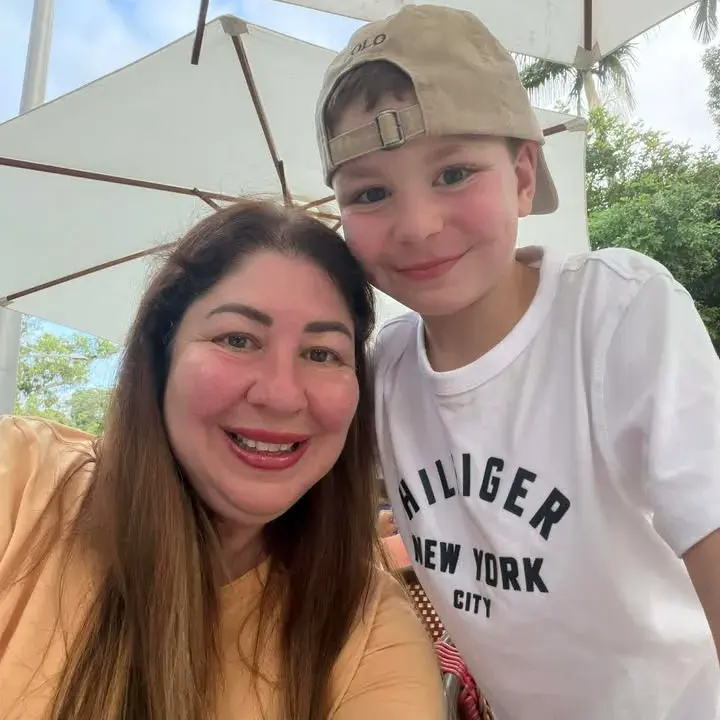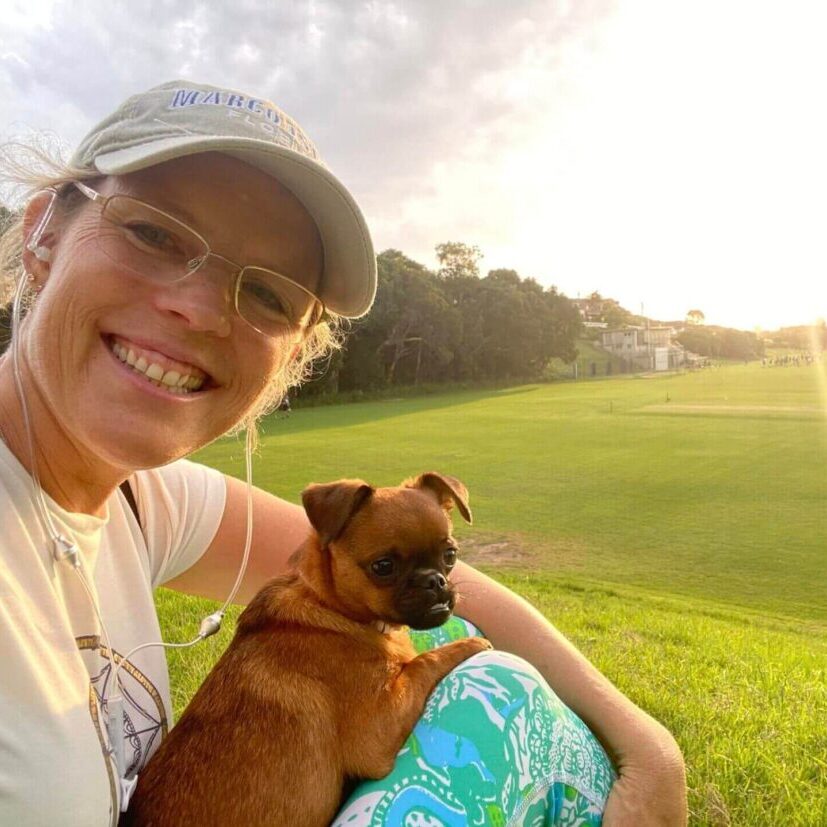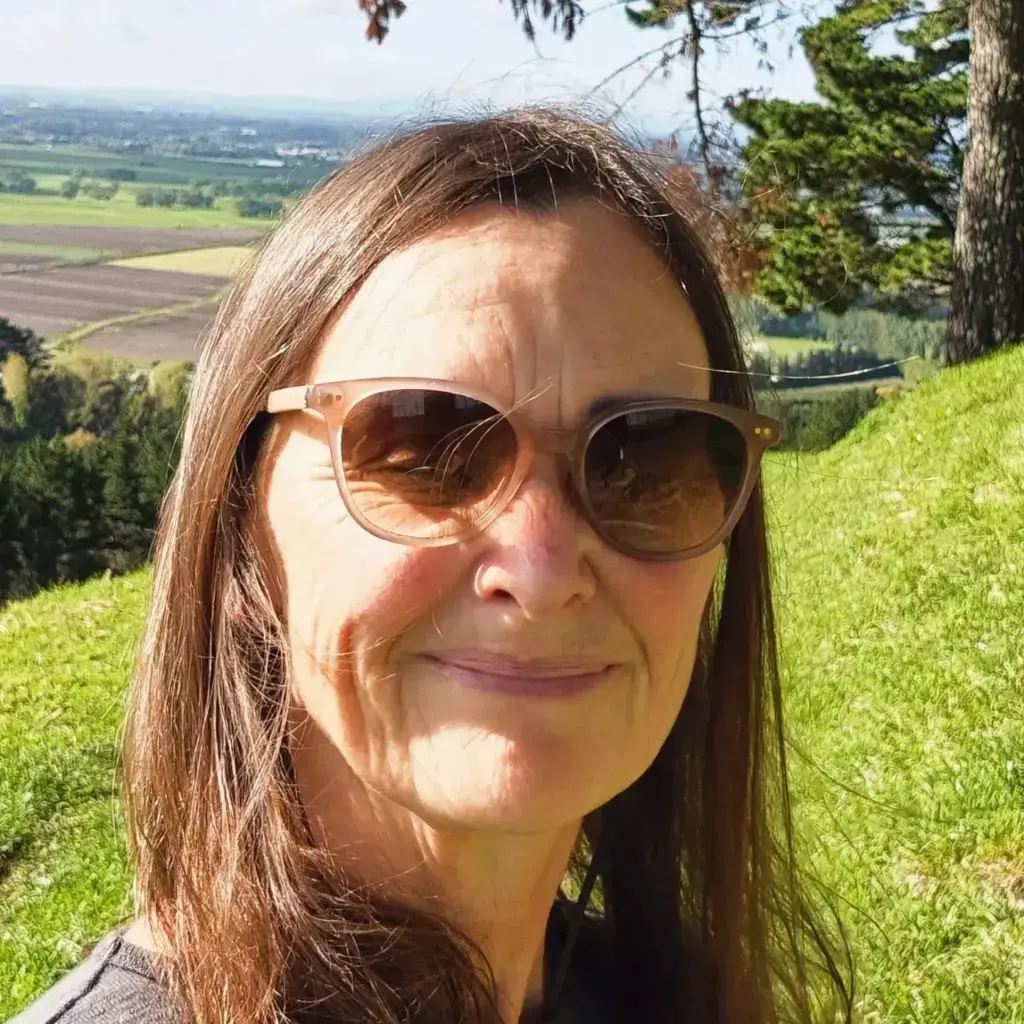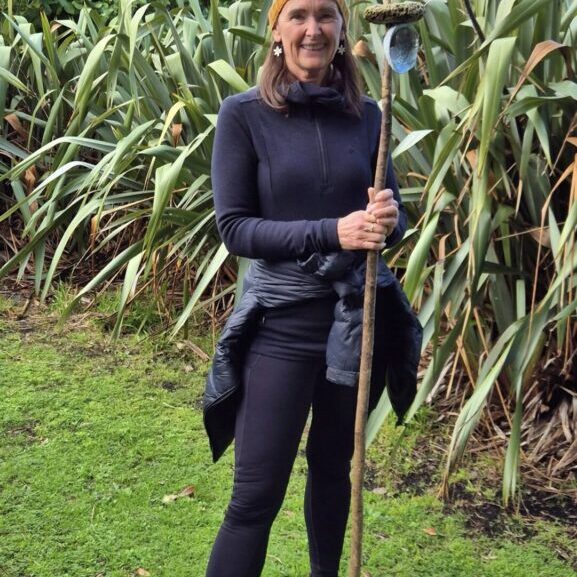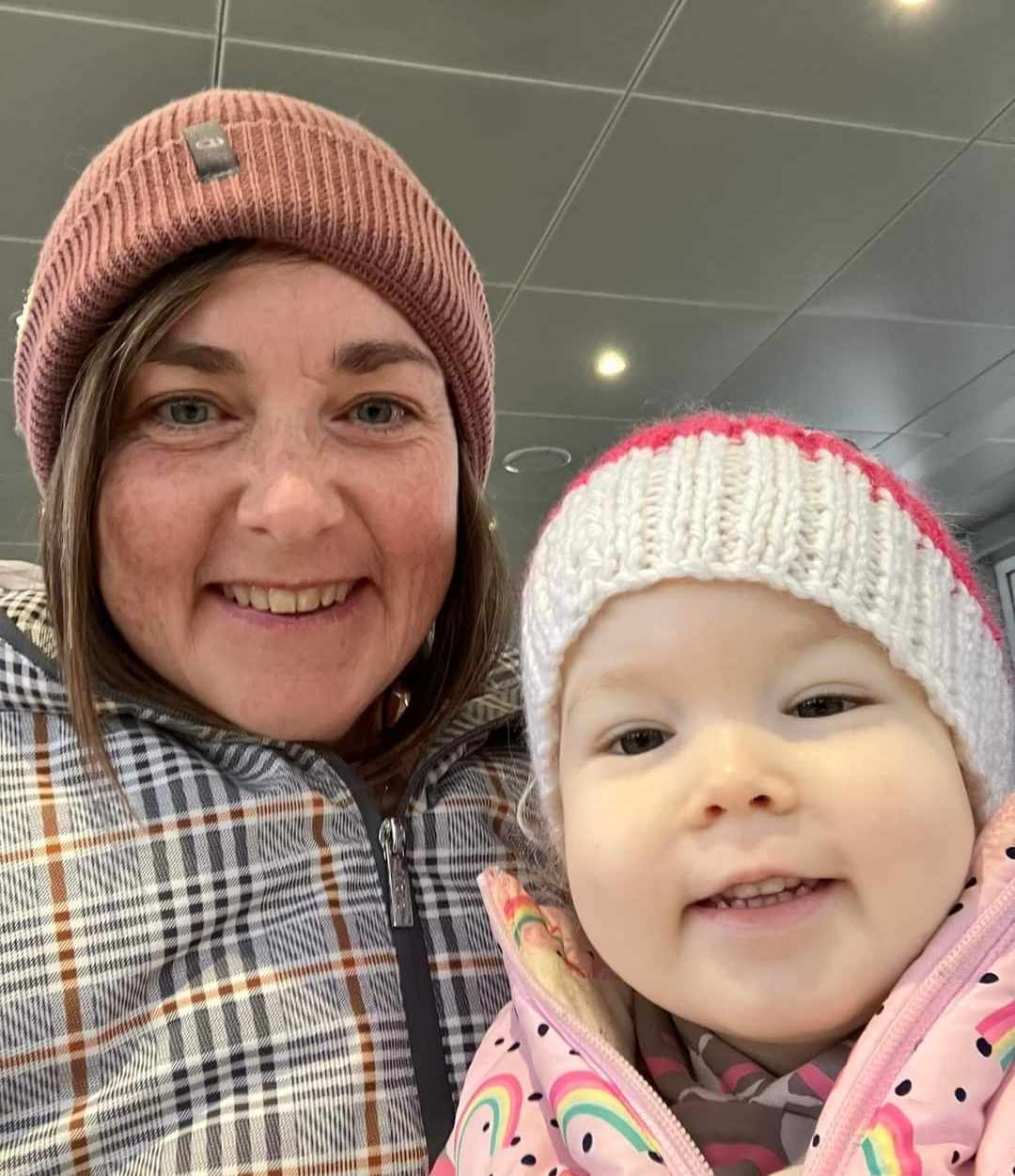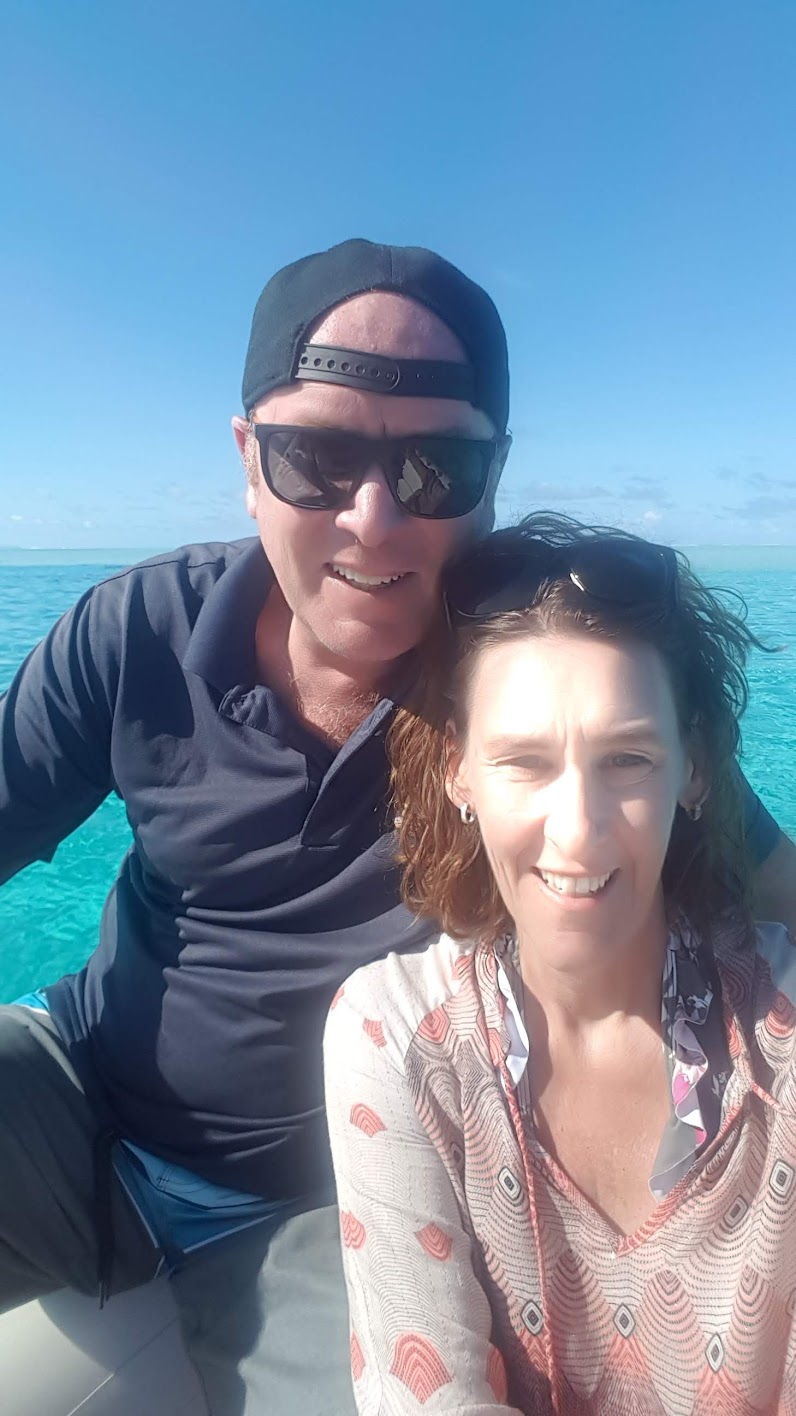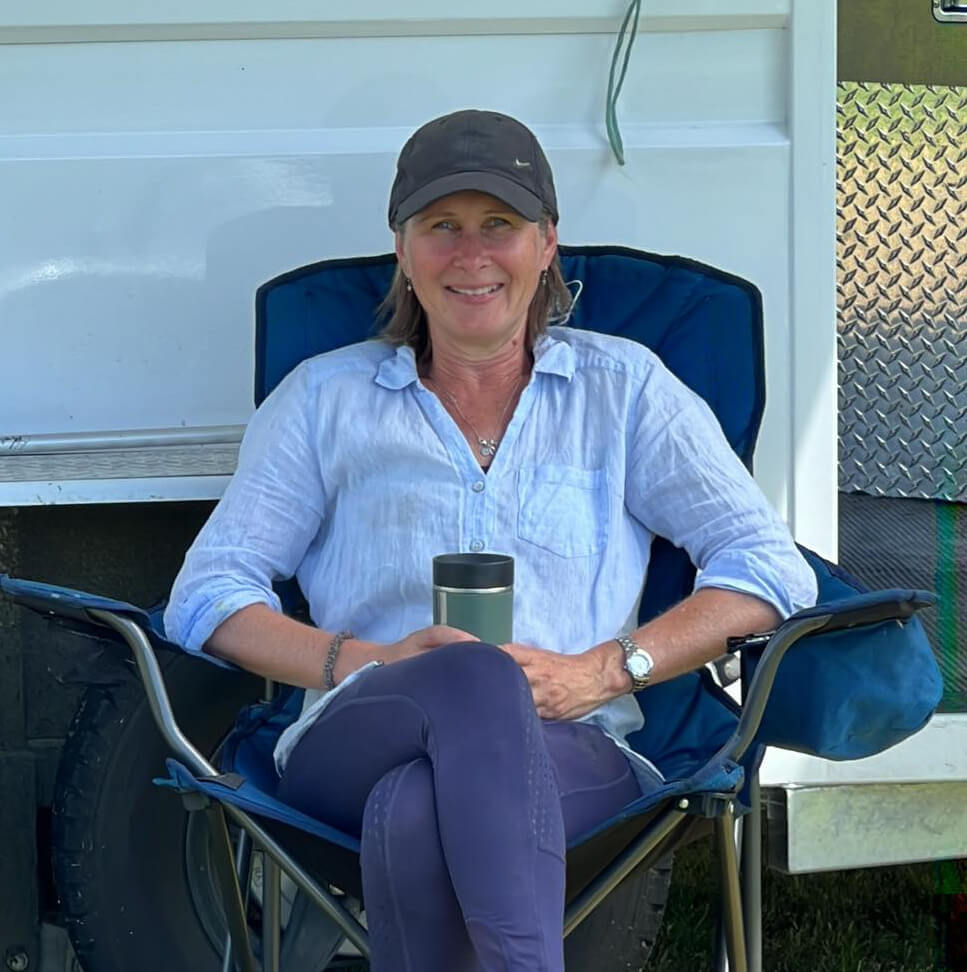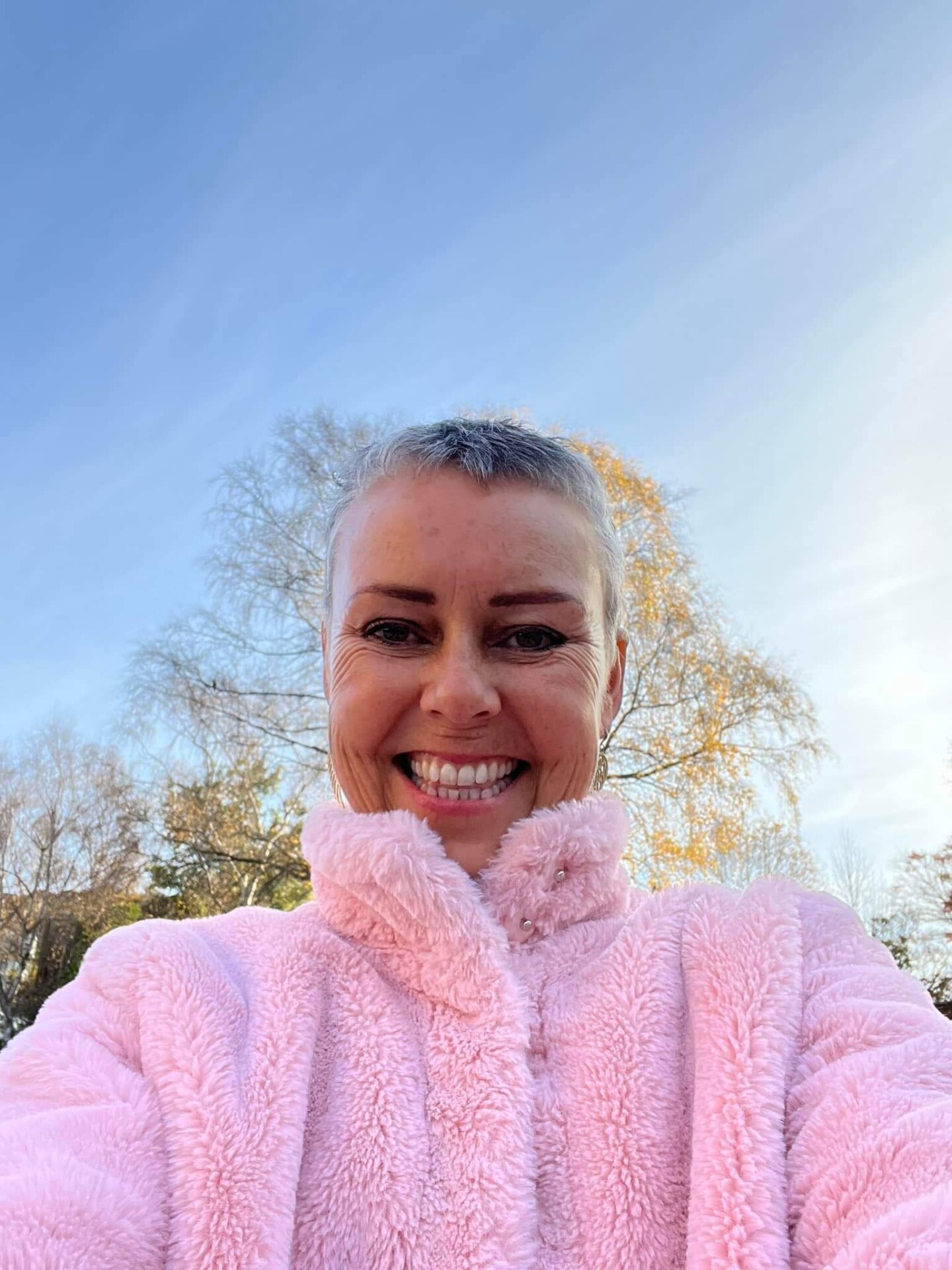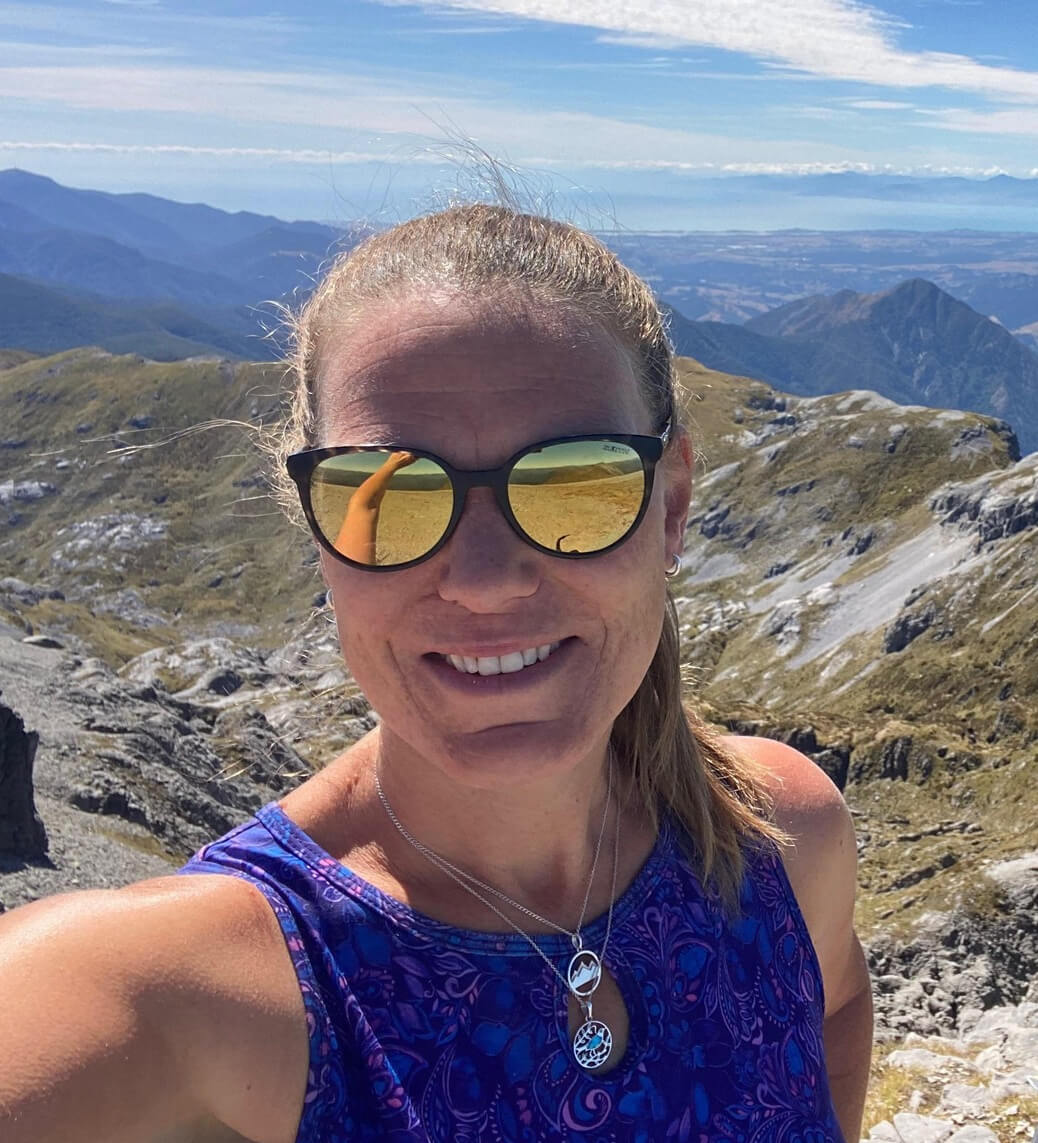If we look at the typical oncologist’s viewpoint—which often claims that diet makes no difference at all for healing from cancer—then we are already in trouble. I believe it is irresponsible advice, as many cancer patients are told by doctors to eat anything they want.
Higher consumption of foods rich in sugar and refined carbs, as well as processed and overcooked meat, can increase levels of inflammation. In addition, higher dairy consumption has been linked to hormone-related cancers such as breast and prostate cancer. These are foods that create inflammation in every cell of our body. To promote healing, we need to give our cells the best environment possible to allow healing to take place.
One critical factor often overlooked is the importance of reducing blood sugar spikes through a low-carb approach. Many cancers are known to thrive in glucose-rich environments, so reducing the availability of glucose by following a low-carbohydrate, nutrient-dense diet can help starve cancer cells while supporting the body’s healing processes.
The Benefits of Low-Carb Eating
- Blood sugar stability: Low-carb diets prevent large spikes and crashes in blood sugar, which can otherwise fuel inflammation and weaken immunity.
- Reduced insulin levels: Lowering carbohydrate intake reduces the body’s demand for insulin, a hormone that can promote the growth of cancer cells when elevated.
- Ketosis: By restricting carbs, the body may enter a state of ketosis, using fat (and ketones) for fuel instead of glucose. This metabolic state has been shown to benefit patients with certain types of cancer and inflammation-related conditions.
Tips for Eating Low-Carb While Promoting Healing
- Focus on healthy fats: Include avocados, olive oil, coconut oil, nuts, and seeds. These provide sustained energy and anti-inflammatory benefits without spiking blood sugar.
- Prioritize non-starchy vegetables: Vegetables like spinach, kale, broccoli, cauliflower, zucchini, and asparagus are nutrient-dense, low in carbohydrates, and loaded with cancer-fighting compounds.
- Include high-quality protein: Opt for organic, grass-fed, or pasture-raised options, such as eggs, chicken, fatty fish (like salmon and mackerel), and grass-fed beef in moderation.
- Limit fruit to low-sugar options: Berries, such as blueberries, raspberries, and blackberries, are rich in antioxidants while being lower in sugar compared to tropical fruits like bananas and mangos.
- Avoid grains and refined carbs: Replace traditional bread, rice, and pasta with alternatives like cauliflower rice, zucchini noodles, or almond flour-based recipes.
- Use healthy snacks: Instead of chips or crackers, try nuts, seeds, boiled eggs, or homemade fat bombs made from coconut oil and cacao powder.
SLOW Food with a Low-Carb Twist
While following the SLOW food principle (Seasonal, Local, Organic, Whole), you can also keep your meals low-carb by focusing on:
- Seasonal greens like arugula, Swiss chard, and spinach.
- Local proteins like grass-fed lamb, free-range eggs, or freshly caught fish.
- Organic fats from olive oil, coconut oil, and ghee.
- Whole-food low-carb alternatives, such as almond or coconut flour for baking or cauliflower for rice or pizza crusts.
Cancer-Fighting Foods to Include
The best low-carb, anti-inflammatory foods for healing include:
- Non-starchy vegetables (broccoli, cauliflower, zucchini, spinach)
- Healthy fats (avocado, olives, coconut oil, and nuts)
- Fatty fish (wild-caught salmon, sardines, mackerel)
- Garlic, onions, and leeks
- Berries (blueberries, raspberries, blackberries)
- Green tea
- Lemon (for flavor and alkalinity)
- Bone broth (rich in minerals and gut-healing nutrients)
Practical Strategies for Success
- Plan your meals: Prep low-carb meals in advance to avoid reaching for high-carb convenience foods.
- Stay hydrated: Drink plenty of water, and consider adding electrolytes to support your body, especially if you’re transitioning to a low-carb or ketogenic diet.
- Monitor portion sizes: Even healthy carbs like berries or nuts should be consumed in moderation to keep overall carb intake low.
- Experiment with low-carb recipes: Make healthy swaps for your favorite comfort foods, such as cauliflower crust pizza or zucchini pasta.
- Watch for hidden carbs: Many store-bought sauces, dressings, and processed foods contain added sugars—stick to homemade or low-carb-certified options.
In summary, reducing carbohydrate intake while focusing on nutrient-dense, anti-inflammatory foods plays a crucial role in creating an environment that supports healing and prevents disease progression. Alongside dietary changes, adopting lifestyle modifications such as stress reduction, releasing suppressed emotions, and incorporating integrative treatments can further enhance the healing journey.

